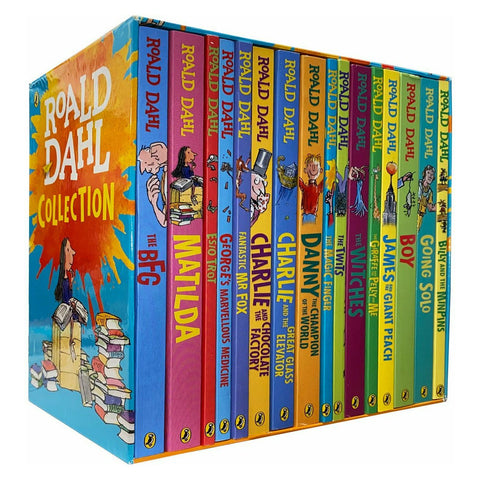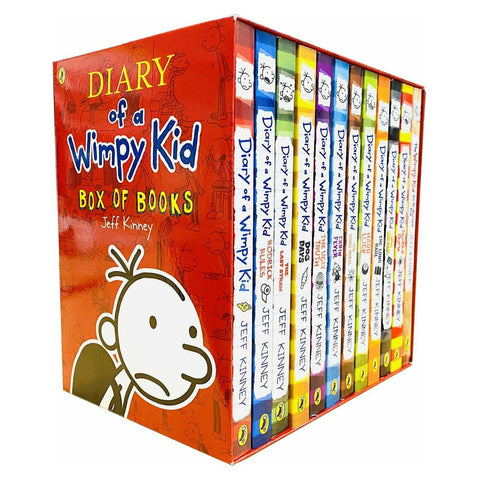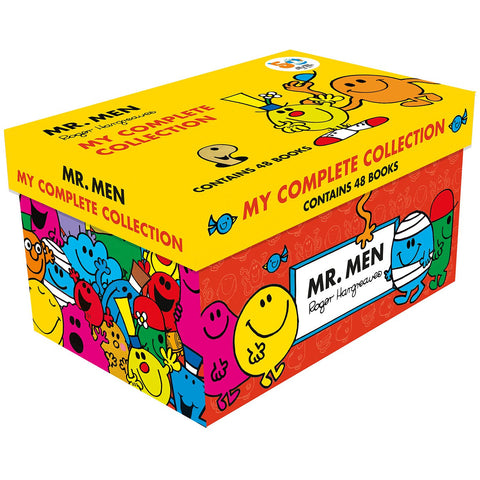Kids Behaviour Counts and Behaviour Matters
Key points for Kids Behaviour
- Challenging behaviour often happens when children can’t do what you want or need them to do.
- New skills can encourage good behaviour in children.
- You can help children learn new skills with modelling, instructions and step-by-step guidance.
- Practice, repetition, praise and encouragement are key to learning new skills.
Helping children learn new skills as part of behaviour management
When children can do the things they want or need to do, they’re more likely to cooperate. They’re also less likely to get frustrated and behave in challenging ways. This means that helping children learn new skills can be an important part of managing behaviour.
When children learn new skills, they also build independence, confidence and self-esteem. So helping children learn new skills can be an important part of supporting overall development too.
Here’s an example: if your child doesn’t know how to set the table, they might refuse to do it – because they can’t do it. But if you show your child how to set the table, they’re more likely to do it. They’ll also get a sense of achievement and feel good about helping to get your family meal ready.
There are 3 key ways you can help children learn everything from basic self-care to more complicated social skills:
Modelling
Good Instructions
Step By Step Guidence
Remember that skills take time to develop, and practice is important. But if you have any concerns about your child’s behaviour, development or ability to learn new skills, see your GP or your child and family health nurse.
Modelling:
Through watching you, your child learns what to do and how to do it. When this happens, you’re ‘modelling’.
Modelling is usually the most efficient way to help children learn a new skill. For example, you’re more likely to show rather than tell your child how to make a bed, sweep a floor or throw a ball.
Modelling can work for social skills. Prompting your child with phrases like ‘Thank you, Mum’, or ‘More please, Dad’ is an example of this.
You can also use modelling to show your child skills and behaviour that involve non-verbal communication, like body language and tone of voice. For example, you can show how you turn to face people when you talk to them, or look them in the eyes and smile when you thank them.
Children also learn by watching other children. For example, your child might try new foods with other children at preschool even though they might not do this at home with you.
How to give good instructions:
Give instructions only when you have your child’s attention.
Use your child’s name and encourage your child to look at you while you speak.
Get down to your child’s physical level to speak.
Remove any background distractions like the TV.
Use language that your child understands. Keep your sentences short and simple.
Use a clear, calm voice.
Use gestures to emphasise things that you want your child to notice.
Gradually phase out your instructions and reminders as your child gets better at remembering how to do the skill or task.
Step-by-step guidance: breaking down tasks
Some skills or tasks are complicated or involve a sequence of actions. You can break these skills or tasks into smaller steps. The idea is to help children learn the steps that make up a skill or task, one at a time.
How to do step-by-step guidance:
Start with the easiest step if you can.
Show your child the step, then let them try it.
Give your child more help with the rest of the task or do it for them.
Give your child opportunities to practise the step.
When your child can do the step reliably and without your help, teach them the next step, and so on.
Keep going until your child can do the whole skill or task for themselves.
Behaviour Count Book Series
This excellent Best selling Book Series to help kids improve there behaviour. Behaviour Counts 20 Books Box Set (Kids Behaviour & Emotion Matters) is fun and engaging series has been designed to help young children understand and manage their emotions whilst also learning to read. Each book has carefully explained notes to parents and teachers to help them discuss the stories and further explore the text.
Behaviour Counts Titles In this Set are:
- Lion is Angry But Learns To Manage His Temper
- Monkey Can't Wait But Learns To Be More Patient
- Rhino Is Shy But Learns To Be More Confident
- Hippo Doesn't Think But Learns To Make Good Choices
- Crocodile Is Lazy But Learns How To Be Active
- Flamingo Is Mean But Learns To Be Kind
- Elephant Is Rude But Learns To Be Polite
- Turtle Won't Share But Learns Not to be Selfish
- Parrot Won't Listen But Learns To Pay Attention
- Koala Tells Lies But Learns To Tell The Truth
- Antelope Is Disappointed But Learns To Carry On
- Bear Is Anxious But Learns Not To Worry
- Cheetah Is Messy But Learns To Tidy Up
- Giraffe Gives Up But Learns How To Try
- Gorilla Is Scared But Learns To Be Brave
- Panther Is Jealous But Learns To Manage His Envy
- Peacock Is Excited But Learns To Calm Down
- Tiger Is Unkind But Learns To Care
- Wolf Cheats But Learns To Play Fair
- Zebra Is A Bully But Learns To Be Nice
I personally recommend getting the above books as a good guide in teaching kids about behaviour. It a great tool to have at a low price.
Tips to help children learn new skills
No matter which of the methods you use, these tips will help your child learn new skills:
- Make sure that your child has the physical ability and developmental maturity to handle the new skill. You might need to teach your child some basic skills before working on more complicated skills.
- Consider timing and environment. Children learn better when they’re alert and focused, so it can be good to work on new skills in the morning or after rest time. It’s also good to avoid distractions, like the TV or younger siblings.
- Give your child the chance to practise the skill. Skills take time to learn, and the more your child practises, the better.
- Give lots of praise and encouragement, especially in the early stages of learning. Praise your child when they follow your instruction, practise the skill or try hard, and say exactly what your child did well.
- Avoid giving negative feedback. Rather than saying your child has done it ‘wrong’, use words and gestures to explain 1-2 things your child could do differently next time.









